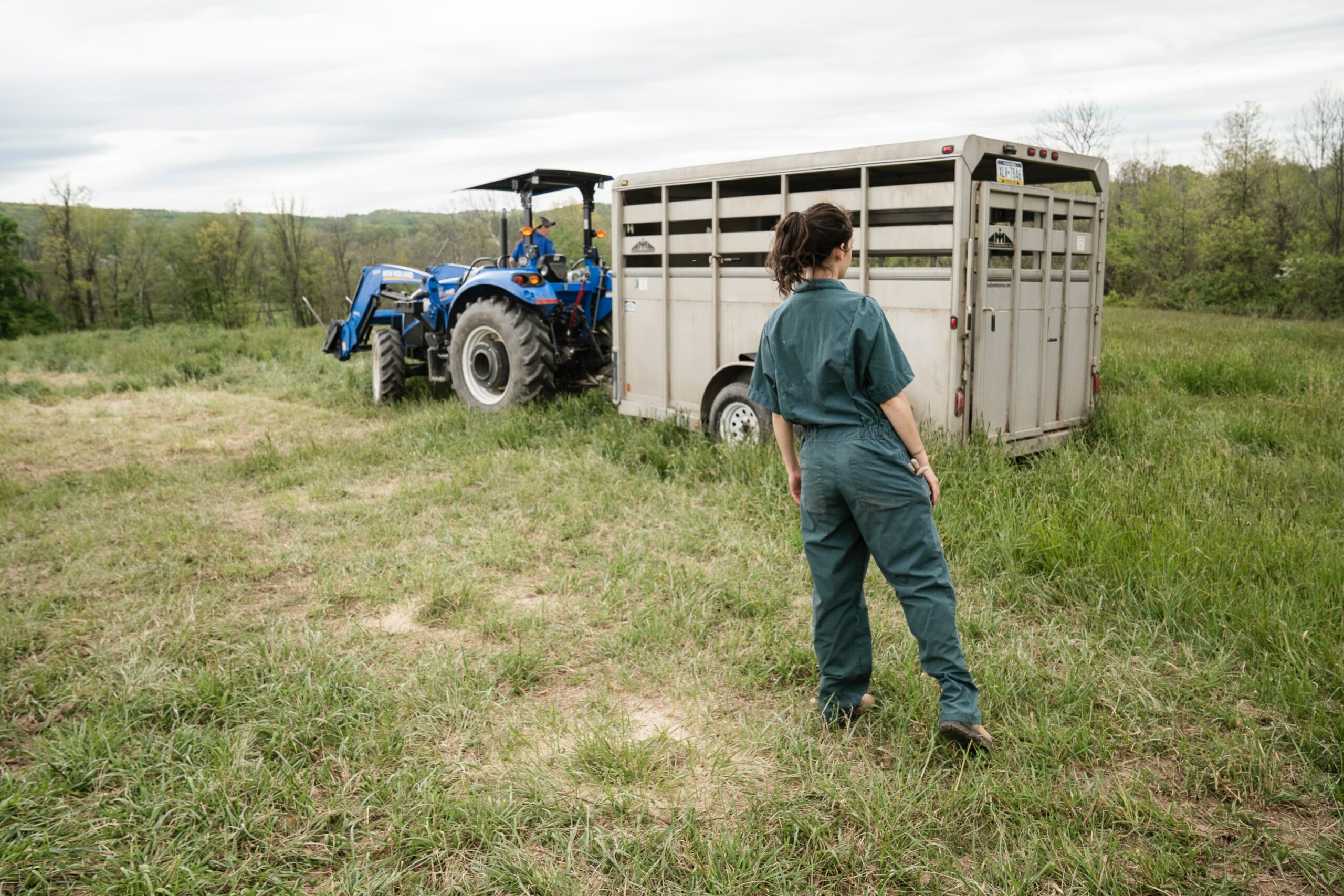
The rise of women in Agriculture
The rise of the female farmer
The most up to date recorded stats report that women make up 28% of those working in the UK’s agriculture sector, this rises to 55% if you include family and unpaid labour. Women have long been grafting in the agricultural sector, but they haven’t always been recognised for their role or contributions to the sector. Often referred to as a ‘farmers wife’ or ‘farmers daughter’, women have been paving the way to take on the role as ‘farmer’ in their own right for many years now.
The rise of women in agriculture started around World War II, when women picked up the roles men would traditional undertake as they went off to war. The Women’s Land Army was set up to boost food production in Britain during the war. Initially starting as volunteers, the number of women working on farms began to grow and in 1941 they were able to officially work on the land. By 1944, there were 80,000 women working on farms, that’s more than there is today (25,000). The war had a hugely positive impact on women in agriculture and this trend is something that many are striving to bring back.
Women have traditionally faced many barriers in the sector including social, practical and cultural challenges. Traditional and historic practices of son’s inheriting ownership in farming families has also been a huge challenge and limiting women’s opportunities to run or own a farm. Only 16% of women in agriculture are ‘principle farmers’, meaning land owners, or managers.
That being said, women’s representation on farms has significantly increased in the last decade, and a milestone was reached in 2018 when the 110 year old Farmers Union elected their very first female president. Women are said to be most represented in fast-growing agricultural markets such as organic, local, direct-to-market, and farm tourism. In addition to carrying out traditional farming roles, women are increasingly thinking of ways in which they can diversify their farming activities and utilise assets to increase their income on the farm.
The future of women in agriculture
According to Farmers weekly, 2/3 women feel their pay ‘always’ or ‘mostly’ reflects that of their male counterparts. Whilst there is still room for improvement, this is a step in the right direction for women in the sector and a factor that could encourage more women to pursue a career the industry. The farming community, though still a very male dominated industry, isn’t deterring women passionate about agriculture away, with women now outnumbering men on higher education agricultural courses by 25%.
International Women’s Day is a great time to celebrate the important role women have played, and continue to play in this industry. It’s also an opportunity for us to raise awareness around gender equity in the agricultural sector and across society as a whole.
Find out more about our agricultural extended warranty product here.